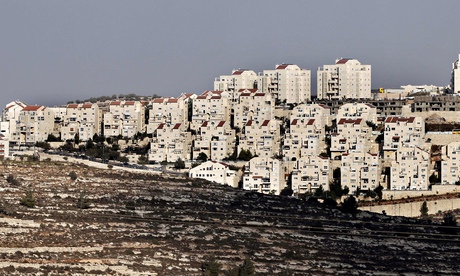By Eric Margolis
Washington DC – “We’ve got to stop ISIS…al-Qaida…Syria’s Assad…Hamas…Hezbollah…Taliban …Shebab…the wicked Ruskis in Ukraine..those Yemeni Houthis…Iran… Sudan…Islamists in Libya and Mali… Boko Haram in Nigeria…the Red Chinese in Asia. Oh yes, and defend Latvia and fight the Lord’s Army in Uganda.
That’s the view in Washington where international police fever and growing hysteria over ISIS, the latest Mideast bogeyman, have gripped the nation, as elections near and politicians talk more nonsense than usual.
Listen to Republican windbags and you’d believe the hordes of ISIS are about to put Cleveland to the sword.
My question is: which “we” is going to stop all these malefactors?
To quote Frederick the Great, “he who defends everything, defends nothing.” To which we may add, he who spends on wars everywhere, ends up broke. And he who ignores domestic needs for the sake of imperial glory abroad is cruising for a bruising.
The American Imperium can no longer enforce the international status quo that had given it immense power and wealth since 1945. The Hapsburg Emperor Charles V and poor Louis XVI faced the same problem.
When confronted by complex problems – as the US is now in Iraq and Syria – sometimes the best strategy is to do nothing at all. The problem may go away or burn itself out.
But the Obama administration is under growing pressure from the neoconservatives, Republicans and pro-war media to attack Syria and confront Russia in Ukraine.
President Barack Obama just made the surprisingly candid admission that he had not yet developed a strategy for dealing with ISIS in Iraq and Syria. Republicans screamed.
Take your time, Mr. President. Fools charge in where angels fear to tread.
Speaking as an old Mideast hand and veteran war correspondent, I say no plan is a good plan. Washington has made such an awful mess of its foreign policy that inaction is an increasingly attractive option. More little wars will mean the US falling into the trap set by Osama bin Laden.
Who came down from the mountain and said the US must police the globe, from the South China Sea to the jungles of Peru? After losing wars in Vietnam, Laos, Cambodia, Afghanistan, and Iraq, the US should reconsider its overly militarized foreign policy and exaggerated international pretensions. You can’t rule the globe on money borrowed from China and Japan.
Obama’s decision to send tiny US military forces to Ukraine and Iraq violates the basic laws of war: strike swiftly with maximum concentrated force. More worrying, expanded US naval patrols in the Black Sea are a dangerous provocation. Imagine if Russian naval units sailed into Lake Ontario?
Pushing the European Union into sanctions against Russia has ended up hurting the western powers more than Russia. The EU will now have to bail out its farmers and other exporters whose business in Russia was shut down.
President Putin’s offer nine months ago of a referendum in Ukraine leading to more local autonomy is the sensible way out of this mess. Allowing ISIS to run around in Mesopotamia until the local powers – including Turkey – decide to shut it down is the best strategy for dealing with these upstarts.
US Republican hawks calling for sending US troops back into Iraq and Afghanistan should bear in mind a terrible number: 253,000 former US military veterans suffering grave permanent brain damage from wars in those nations. They will require intensive lifetime medical care. This figure pales compared to the nearly 8,000 US soldiers killed in action.
Bombing Iraq now costs the US $7.5 million daily, or $562 million since June. This is just the opening ante for Nobel Peace Prize winner Barack Obama’s very own Iraq War. George W. Bush’s Iraq War cost well over $1 trillion. This at a time when 44 million Americans rely on food stamps and infrastructure is crumbling all over America.
As they say at the Betty Ford Clinic for drug and alcohol addicts, “just say no.” Or, if Americans really want more jolly little wars around the globe, then raise taxes to pay for them instead of hiding their cost in the national debt.
Americans now face two conflicts in places they can’t even find on the map.










